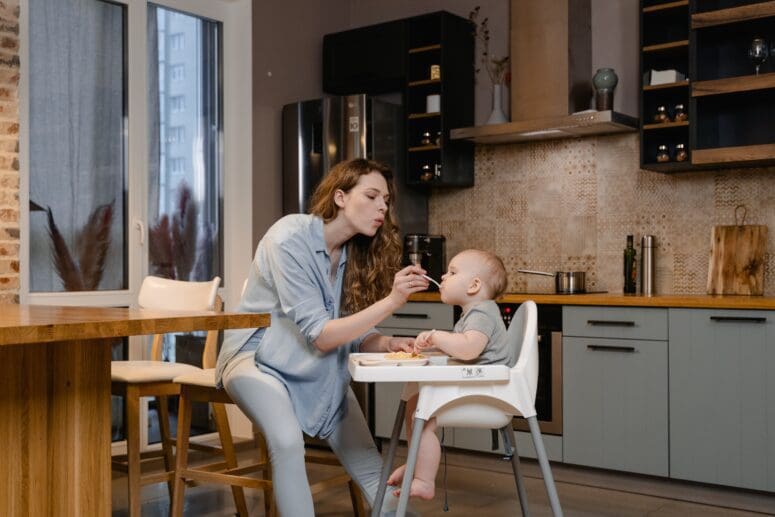What You Need to Know About Raising a Child With Physical Disabilities

Parenting is one of the most rewarding jobs you can have, but it comes with its challenges. Raising a child with physical disabilities presents a new set of issues that many don’t understand. It can be difficult to relate to something when you haven’t dealt with it yourself.
Thankfully, many resources are available for parents with kids with physical disabilities. Here are some of the things you need to know.
1. It Takes a Village
You’ve probably heard that it takes a village to raise a child. It applies to all children, but more so when you have one with physical disabilities. You must understand that you are not alone.
Let your family and friends help you. Lean on them for support when you need them. You may struggle with asking for help, but they are likely glad to assist. However, they may not know how. Let them help you by watching your child when you go to doctor’s appointments or need self-care.
Support groups are available to help you through this process and provide an outlet for your frustrations. Your feelings are validated and people are there to support you when you need them.
2. You May Need Home Modifications
A child with disabilities may need some special accommodations. You will require the proper environment for your child to thrive, which includes ease of access. You must install ramps for their wheelchair and handicap bars for the bathrooms, among other things.
Some common accessibility challenges for children with physical disabilities are stairs, doorways, kitchens and living areas of your home. They require additional support for their daily activities, and you want to ensure they are as comfortable as possible in the safety of their home.
Adding ramps and stairlifts with safety rails can help your child navigate daily struggles easily and comfortably. Alternate routes to areas with stairs or narrow hallways can help them not feel left out or different from the rest of the family and can ensure the unification of your home.
3. Socialization Is Important
Socialization may become a challenge when your child becomes old enough to integrate into society. Ensure they have all the necessary equipment to navigate their daily life without difficulty. Play is a form of therapy and can help children develop at a natural pace.
Therapists can encourage activities that promote growth and development your child may not willingly participate in at home. Ensure they have plenty of support and guidance when needed. Encourage your child to participate in social or extracurricular activities to help them build their self-esteem. Extracurricular activities can provide therapeutic benefits.
Physical activity improves overall health and can limit your child’s risks of developing chronic conditions. Encourage your child to participate in physical activities that are right for them. Any activity that gets your heart beating faster than usual is excellent for your health. Confidence is a vital part of development and can help your child grow and blossom into the person they want to become.
4. Financial Support Is Available
There are many social and financial challenges you may have to face when raising a child with physical disabilities. You may find it hard to find a job that accommodates the hours you need or the insurance your child requires.
Doctors’ appointments and home modifications can add up pretty quickly. On top of bills and groceries, how can you provide for your family and obtain everything your child needs? Funding and grants are available for parents of children with disabilities to assist with some of those financial burdens.
Parents of children with disabilities might need millions of dollars to raise them. Financial assistance may not cover all the costs of raising your child. Still, it can help drastically decrease your struggles so you can focus on what matters and have some wiggle room in your budget rather than worrying about going into debt to cover expenses.
5. You’re a Rockstar
You can do this. You have a solid support system, whether from a group you just joined with like-minded parents in similar situations or your siblings or friends. They have your back, and you have your child’s.
Raising a child is hard, but it’s rewarding for everyone involved. You will use your creativity and practical solutions to overcome obstacles that would halt other parents in their tracks. You will be inventive and courageous in facing daunting challenges that could hinder your child’s growth. You may get frustrated or have a few meltdowns along the way, which is perfectly OK. You aren’t a regular parent — you’re a rockstar, and you’ve got this.
Raising a Child with Physical Disabilities
Seeking support from a counselor, friends or family can ease your burdens and give you a healthy outlet for your emotions. Raising a child with physical disabilities may come with unique challenges, but they are just as rewarding, if not more, than what other parents handle. Use your support group to your advantage so you can be there for your child — you can’t pour from an empty cup, you know. Your child will flourish as you nurture and guide them.









